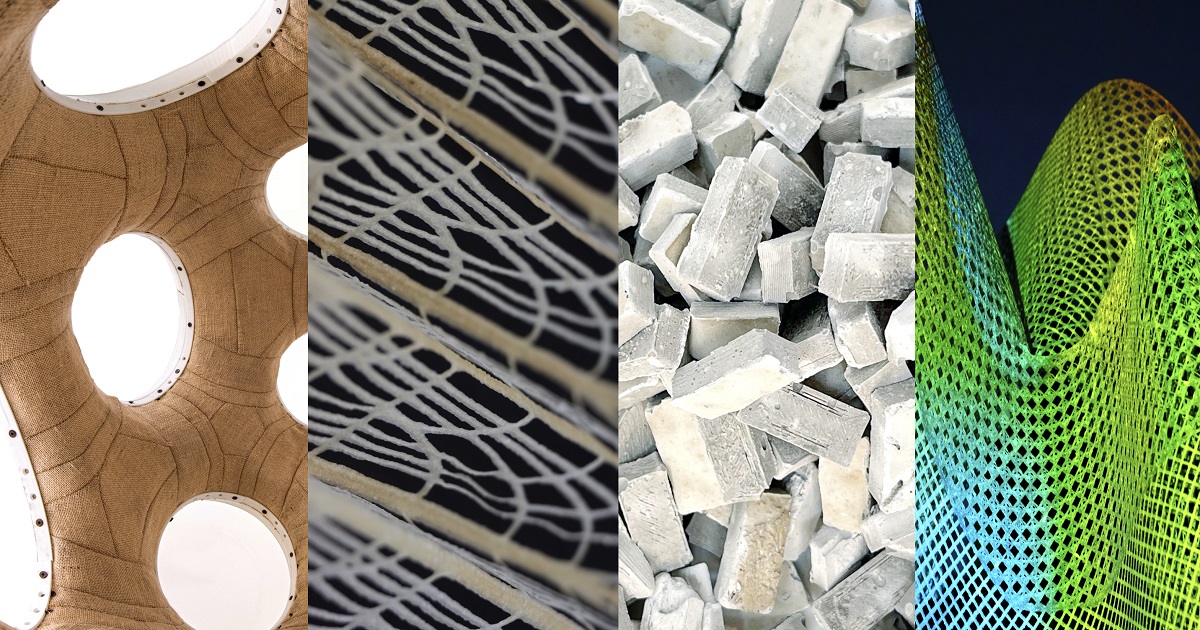- 2.5Impact Factor
- 5.5CiteScore
- 17 daysTime to First Decision
Emerging Biomaterials and Bio-Composites Across Disciplines: Design, Characterization and Applications
This special issue belongs to the section “Applied Biosciences and Bioengineering“.
Special Issue Information
Dear Colleagues,
Medical applications have historically driven biomaterials’ development in drug delivery and tissue scaffolding in search of biocompatibility and enhanced human health; however, certain bio-composites’ natural biodegradability, adaptability to environmental parameters, and capacity to encapsulate active molecules for sensing and response have sparked new research in non-medical applications. This is particularly the case in the context of sustainability and the creation of biodegradable or environmentally friendly materials with unprecedented functions—bridging optical, mechanical, biological, and chemical properties.
This Special Issue discusses biomaterials and bio-composites at the center of biomedical innovation, but they are increasingly informing and interfacing with other fields such as sustainable apparel development, bio-based consumer products, eco-attuned building construction systems, or blend discovery via artificial intelligence. This multi-disciplinary interplay is due to both challenges and opportunities in biomaterials and bio-composites’ multifunctional structures, property variability, new processing techniques, responses to environmental factors, and programmable durability.
Recommended Topics
- Design and development of multifunctional bio-composites.
- Interdisciplinary research in biomaterials and bio-composites.
- Artificial intelligence applied to bio-composite property prediction.
- Applications of bio-composites beyond medical fields.
Dr. Laia Mogas-Soldevila
Dr. Ioana Chiulan
Guest Editors
Manuscript Submission Information
Manuscripts should be submitted online at www.mdpi.com by registering and logging in to this website. Once you are registered, click here to go to the submission form. Manuscripts can be submitted until the deadline. All submissions that pass pre-check are peer-reviewed. Accepted papers will be published continuously in the journal (as soon as accepted) and will be listed together on the special issue website. Research articles, review articles as well as short communications are invited. For planned papers, a title and short abstract (about 250 words) can be sent to the Editorial Office for assessment.
Submitted manuscripts should not have been published previously, nor be under consideration for publication elsewhere (except conference proceedings papers). All manuscripts are thoroughly refereed through a single-blind peer-review process. A guide for authors and other relevant information for submission of manuscripts is available on the Instructions for Authors page. Applied Sciences is an international peer-reviewed open access semimonthly journal published by MDPI.
Please visit the Instructions for Authors page before submitting a manuscript. The Article Processing Charge (APC) for publication in this open access journal is 2400 CHF (Swiss Francs). Submitted papers should be well formatted and use good English. Authors may use MDPI's English editing service prior to publication or during author revisions.
Keywords
- novel biomaterials and bio-composites
- multifunctional bio-composites
- bio-composite processing
- biomaterials’ property prediction

Benefits of Publishing in a Special Issue
- Ease of navigation: Grouping papers by topic helps scholars navigate broad scope journals more efficiently.
- Greater discoverability: Special Issues support the reach and impact of scientific research. Articles in Special Issues are more discoverable and cited more frequently.
- Expansion of research network: Special Issues facilitate connections among authors, fostering scientific collaborations.
- External promotion: Articles in Special Issues are often promoted through the journal's social media, increasing their visibility.
- e-Book format: Special Issues with more than 10 articles can be published as dedicated e-books, ensuring wide and rapid dissemination.

